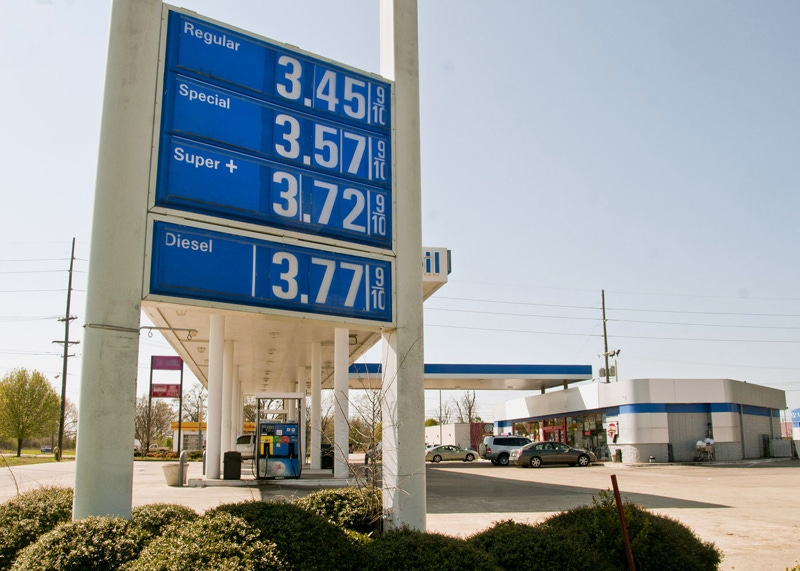March 17, 2011

As local gas prices keep rising, many Mississippians are struggling to find the money to keep both the car and the family budget running smoothly.
According to the tracking service Mississippigasprices.com, fuel cost between $3.32 and $3.55 a gallon as of March 16, with a state average of $3.45 a gallon. Gas prices just three months ago were about $2.81 a gallon.
Bobbie Shaffett, family resource management specialist with the Mississippi State University Extension Service, said conventional wisdom limits transportation spending to 15 percent of the family’s total budget. Last year, Americans spent more than 17 percent of their budgets on transportation.
“This includes your car payment, gas, oil changes, insurance and all vehicle expenses,” Shaffett said. “With gas prices near $3.50 a gallon, it can be very difficult for a middle-class person with a car note to meet that goal. For those with two notes, it’s almost impossible.”
Shaffett said housing should be 30 percent or less of the budget. When transportation is added in, nearly half the budget is spent before any money goes to food, consumer debt, utilities, clothing or charitable giving.
“It’s very difficult to maintain a budget when something like high fuel costs starts to encroach on your spending money,” Shaffett said.
Susan Cosgrove, area Extension family resource management agent in Newton County, said Mississippi feels the strain of increased gas costs more than any other state.
“Families in Mississippi are the lowest paid in the country, and yet they spend the highest portion of their income on gas,” Cosgrove said.
She said Mississippians spend about 13 percent of their income on gas, compared to the national average of less than 8 percent. Few have public transportation options, so the rising fuel costs are hitting average Mississippians hard.
When filling up the gas tank leaves a lot less money for everything else, Cosgrove said it is important to separate needs from wants.
“Shelter and food needs should come first. Basic groceries are a need, but eating out every day is a want,” Cosgrove said. “Keeping a roof over the family’s head and meeting basic nutritional needs come first.”
Next up, the individual or family must find a way to get to work, and this may include gasoline purchases. While a second job may sound like the solution, it can mean additional fuel costs and child-care expenses.
Avoid making unnecessary trips in the car by doing errands while already out for other business, and use a list to get food and other needed items in one outing.
“Evaluate your spending habits, and make flexible expenses such as entertainment or clothing the first cut,” Cosgrove said. “Some families may need to dip into savings to supplement a monthly budget in the short-run, but don’t make this a habit.”
Operating the budget on a cash basis can help keep spending under control.
“When the money in the gasoline envelope is gone, you may have to take some from clothing or personal care envelopes,” Cosgrove said. “Do not use a credit card without a plan for paying it off, and don’t use your debit cards when the purchase would trigger an overdraft. Over-the-limit fees on credit cards and debit overdraft fees can make the situation much worse.”
You May Also Like




